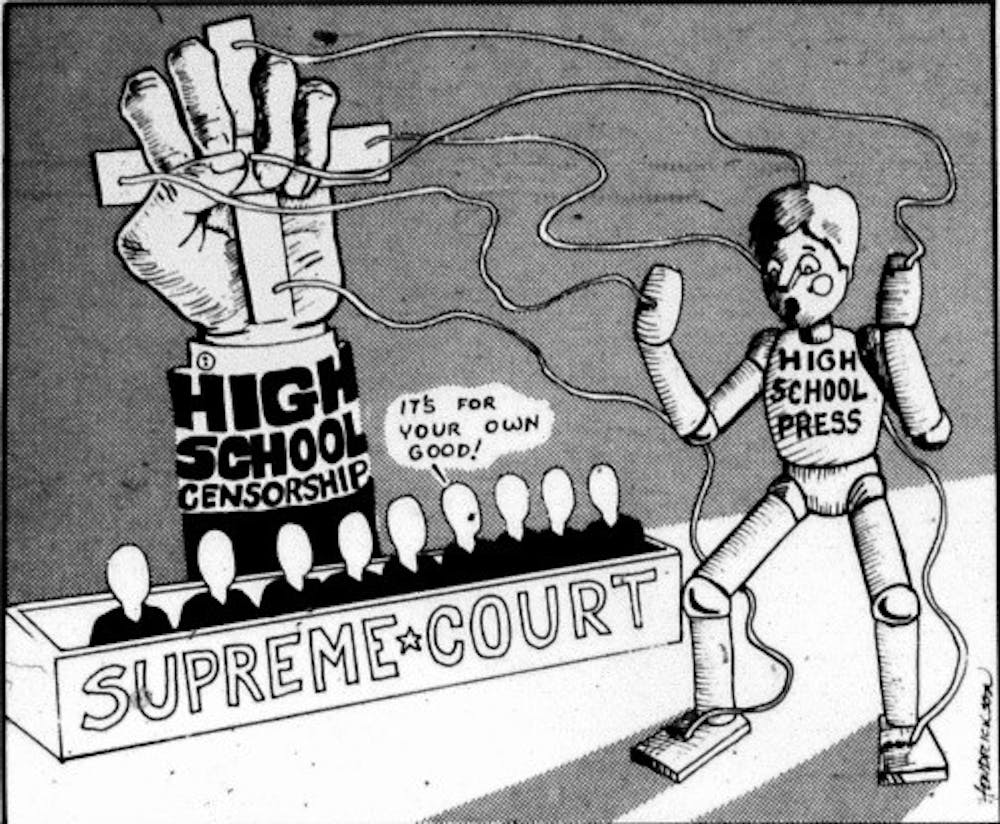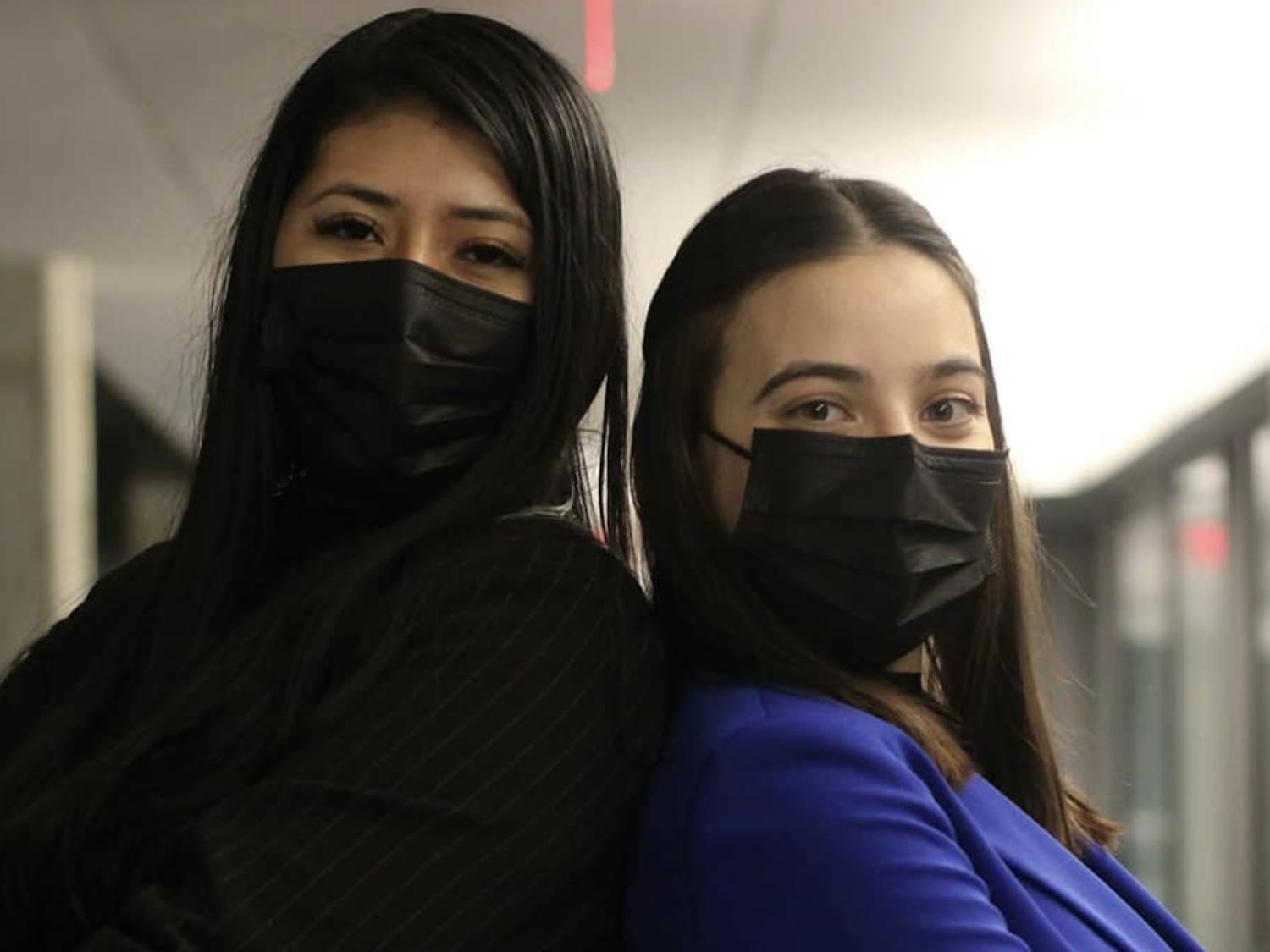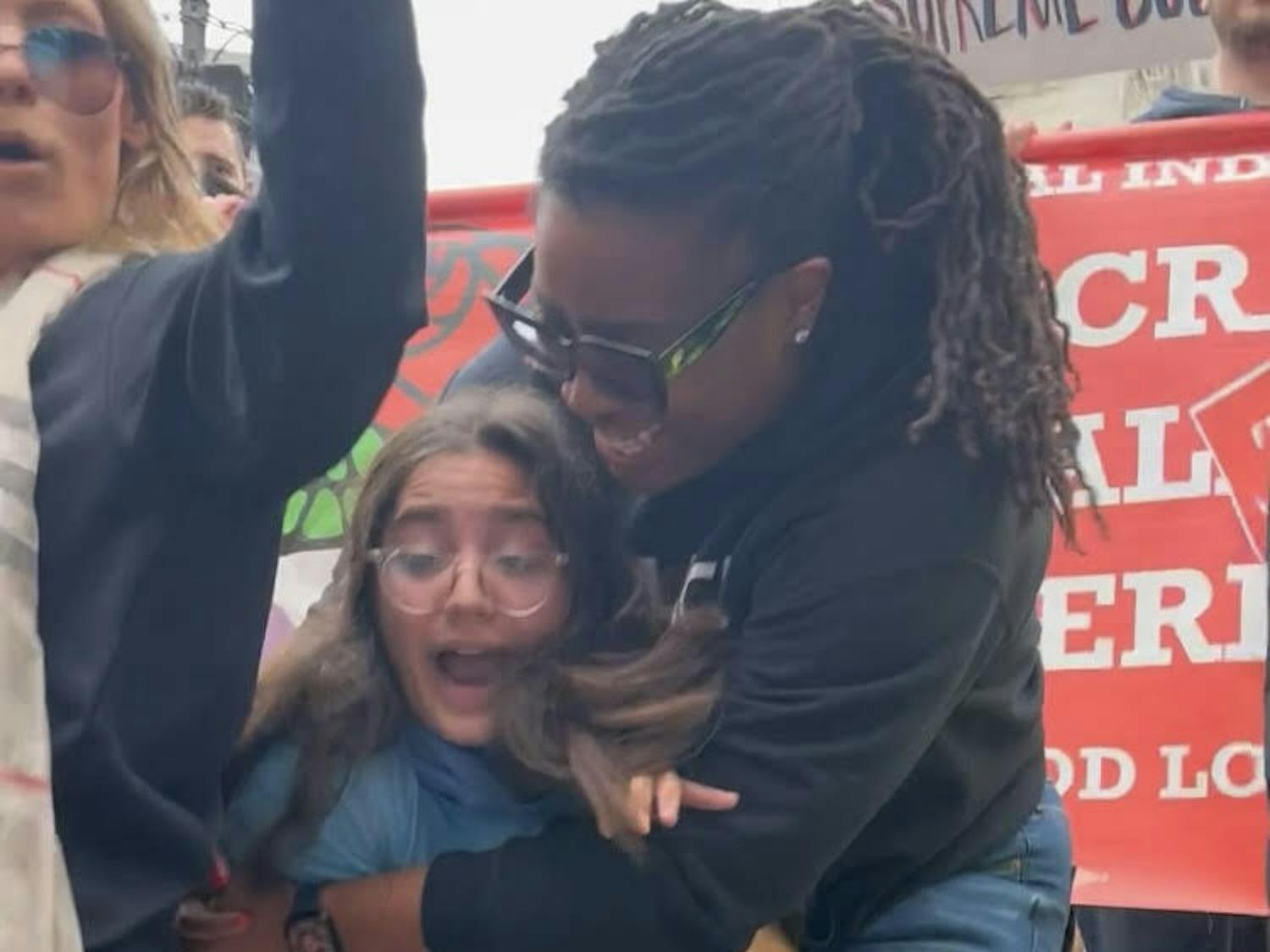On Jan. 25, high school journalism teachers and some of Indiana’s youngest reporters rallied in the State House in support of House Bill 1016. The bill, which aims to stop the censorship of student publications by school administrations, was introduced last year by Sen. Clare and co-sponsored by Sen. Delaney. The bipartisan effort passed in the House in 2017 by a 9-2 vote before it was shot down in the Senate.
Plainfield High School is just one of the Indiana schools to feel the effects of censorship from an administrative level. Since publishing a controversial issue focusing on teen dating, Anu Nattam, a co-editor for The Shakedown, claims that Plainfield High School has censored their magazine on numerous occasions. The school went so far as making the staff change the name of their publication for fear that The Shakedown could have mafia connotations.
If passed, House Bill 1016 would prohibit schools from censoring students’ First Amendment right to free speech and press unless the content was libelous, slanderous or violates federal law or creates a clear and present danger to students.
In effect, passing House Bill 1016 would repeal Hazelwood in the state of Indiana. Hazelwood, a 1988 Supreme Court decision, ruled that schools have the right to censor student publications.
Several statewide organizations, such as the Indiana Association of School Principals and the Indiana Association of Public School Superintendents, are opposed to the bill, arguing that a free student press could turn into a “public relations nightmare.”
The bottom line: the suppression of the freedom of the press, at any level, is a clear violation of a student’s First Amendment right. Now more than ever, we ought to be encouraging young journalists to seek the truth and report on it, no matter who it might make uncomfortable.
We cannot instill in blooming reporters the ethics and obligations of journalism if editorial control is given to school administration. When something goes wrong, it is the job of the administrator to mediate, to make it appear that nothing is wrong for the sake of public relations. Of course, students know better, and it is the job of reporters to bring those issues to light in order to work towards a resolution.
During my time at The Campus Citizen at IUPUI, I have seen first hand the power that student journalism can have. Dedicated reporters here have uncovered corruption in our Student Government, covered the controversial appearance of the Westboro Baptist “Church” and discussed flaws in our parking system. As an independent media source, our reporters and editorial staff not only had the courage to report on these issues, they also had the support of a dedicated group of faculty and staff in the Department of Journalism and Public Relations. The support we receive from department is preparing all of us for a future in journalism. It’s not always easy, you’ll likely make more friends than enemies, but nevertheless, journalism is important. For it to matter, however, it can never be censored, regardless of the age of the reporter.
In his book “What Unites Us,” veteran reporter Dan Rather recalls “muckrakers of the progressive era,” such as Ida Tarbell, who uncovered the Standard Oil monopoly under Rockefeller; the New York Time’s publishing of the Pentagon Papers, and the Boston Globe’s reporting on sexual abuse in the Catholic Church. Rather relates these reporters to the Founding Fathers, saying, “Our Founding Fathers understood that long-term accountability is more important that short-term stability...Because of the press, powerful institutions were held accountable for their actions, and we became a stronger nation.”
While it may be unlikely that a high school paper prints investigative journalism that shakes a whole community, every Woodward and Bernstein of the world has to start somewhere. All of the reporters that have broke stories that have changed how we look at the world had two things in common: they had the freedom to report, and they had an editor who believed in them.
It’s time that Indiana junior high and high schools start believing in the power that young journalists have when they use their voice. They may report on issues that make people uncomfortable, and they may not always paint the school in a great light. However, nothing was ever changed through silence. To make progress in the world around us, it takes journalists having the courage and the freedom to report on issues that matter to their communities.
It’s time we give Indiana student journalists that freedom.
OPINION: Freedom of the Press for Student Journalists

Heads up! This article was imported from a previous version of The Campus Citizen. If you notice any issues, please let us know.




